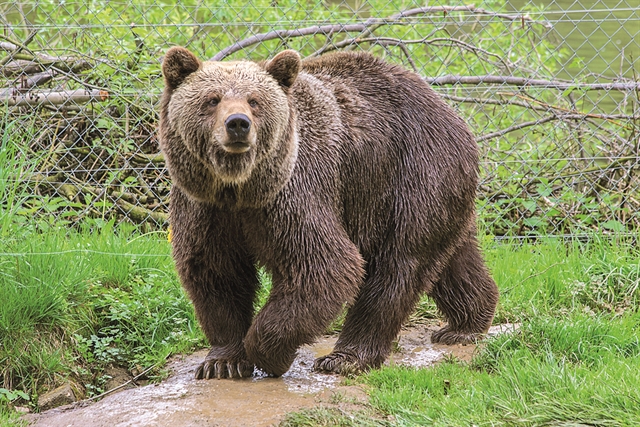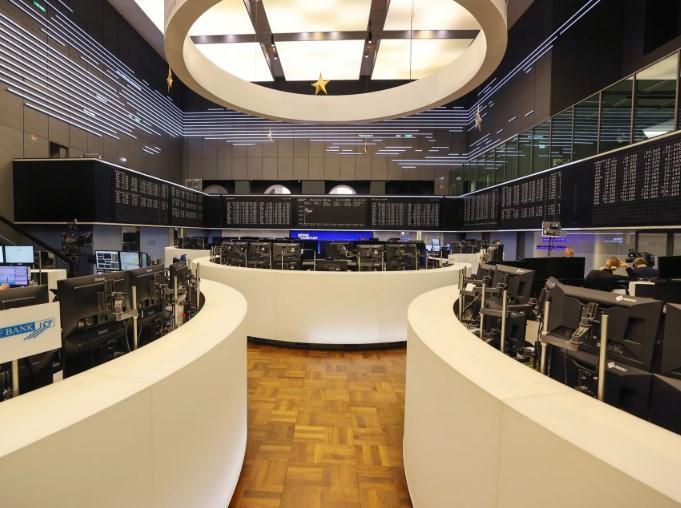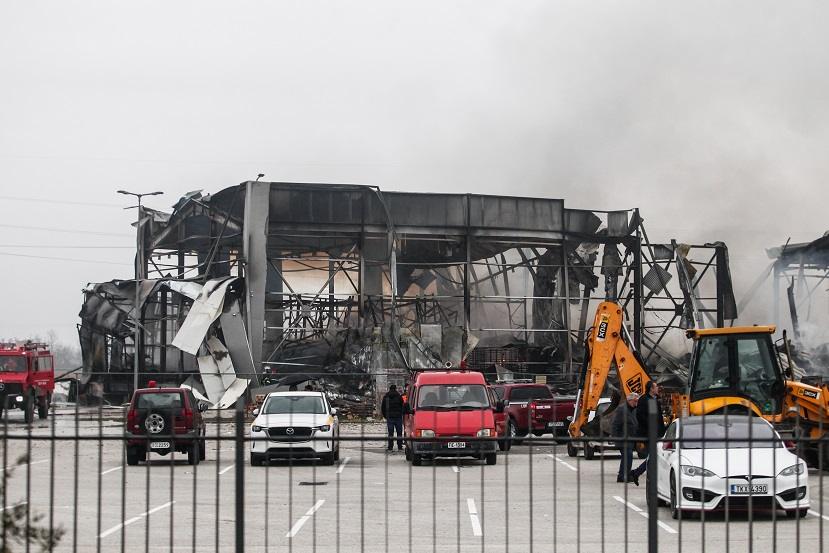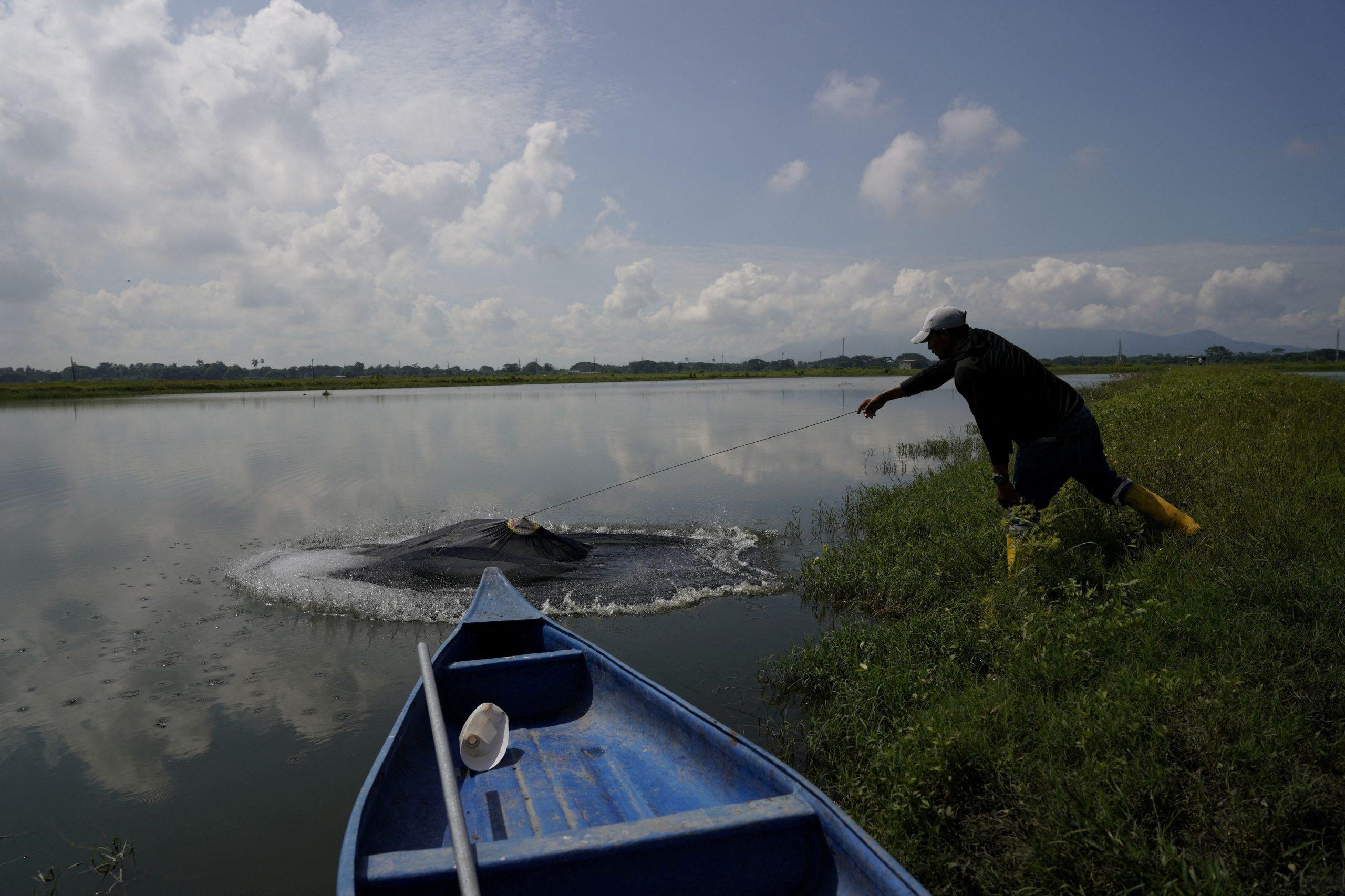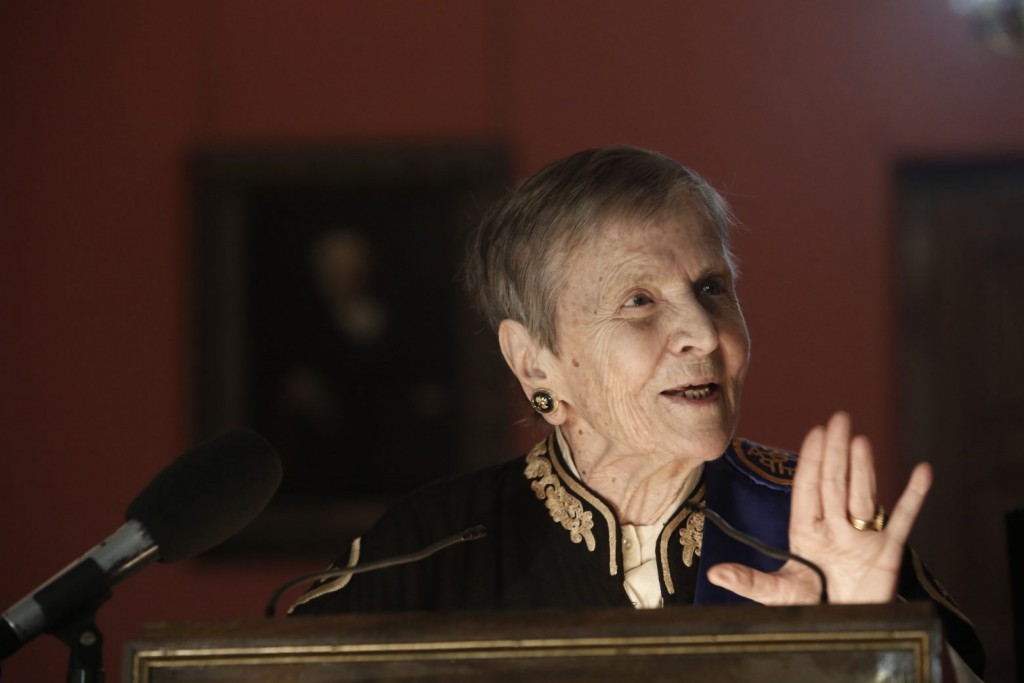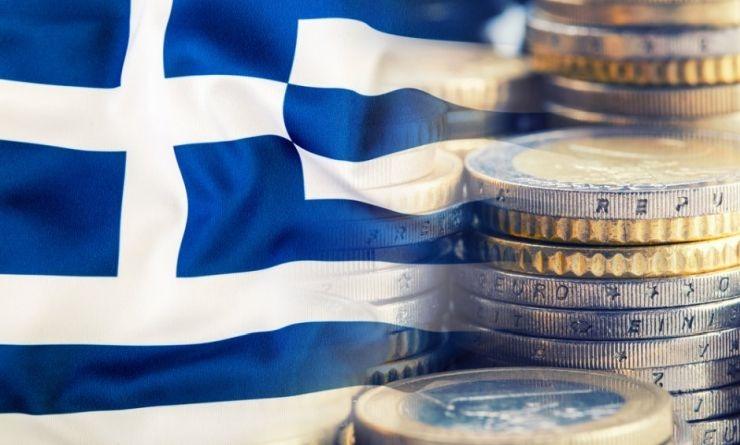The prolonged warm winter without snow and cold is keeping the bears in the north of Greece awake this year, even though we are already in the middle of January.
The unusually high temperatures for the season that occurred in the three previous months make scientists talk about a particularly warm winter, with December, more specifically, ranking, according to scientific estimates, on the list of the hottest in recent decades.
These weather conditions not only affect human activity but also the biological functions of animals, a sign of climate change.
Thus, due to the inclement weather, the bears have not fallen into hibernation, with their biological clock being deregulated.
In recent days a photo of bear tracks in the snow has been making the rounds on the internet. According to information, a brown bear that seems to live in the mountainous massif of Grevena, took… walks in the ski center of Vasilitsa.
Reproduction
As the communication manager of wildlife protection NGO Arcturus, Panos Stefanou, pointed out to “TA NEA” newspaper, the bears have not lost their rhythm, as is usual for this period. “Most often, at the end of December, the first bears at the Arcturus Bear Conservation Center, usually the older ones, go into hibernation. We should clarify that smaller animals, such as snakes, hibernate, their body temperature equalizes to the temperature of the environment. Instead, bears go into hibernation, dropping their temperature 2-3 degrees and their movement rates. They have no need to eat, because since autumn they eat more and have reserves, so they have no reason to go out and stay in their nests. This year, we see that it is late.”
In fact, as he adds, the hibernation period is when female bears give birth to their cubs. “Breeding takes place between May and July and if the female’s body has the reserves to endure hibernation, the pregnancy proceeds and the birth always takes place inside the nest.”
This year is not the first year that the biological clock of bears has got confused. In 2016, according to Mr. Stefanou, the hibernation of the wild animals lasted very little, since they fell into hibernation in mid-February and woke up at the end of the month. “It seems that we will be in such a situation again this year. Usually, however, the reduced mobility and energy of the bears lasts between January and February, which is why the Center closes after the Christmas holidays, so as not to disturb the bears in their nests, and opens at the beginning of March. Last year, we had the exception and they ‘woke up’ after mid-March, so the Center opened towards the end of the month.”
Population
It is worth noting that in recent years the brown bear population has increased significantly. It is estimated that there are more than 500 bears in our country, while 22 are housed in the facilities of Arcturus – 21 are in the Protection Center and one is in a separate place, as it is being prepared for its reintegration. “The previous surveys spoke of 300 bears in our country. However, the better management we have of the bear population has contributed to the numerical increase of the species, as well as the change in attitude both from the state and from the world. It is characteristic that the possession of a bear or the presence in a circus are prohibited by law”.
Gradually, the big “wound” of the Egnatia highway has began to heal, as the problematic point has been fenced off. “We used to have 15-16 road accidents involving bears every year. A number that was problematic if one considers that the bear’s reproduction rate is low, as it gives birth to 2-3 cubs every three years. Of course, there are still losses, but not to this extent”, concludes Mr. Stefanou.
